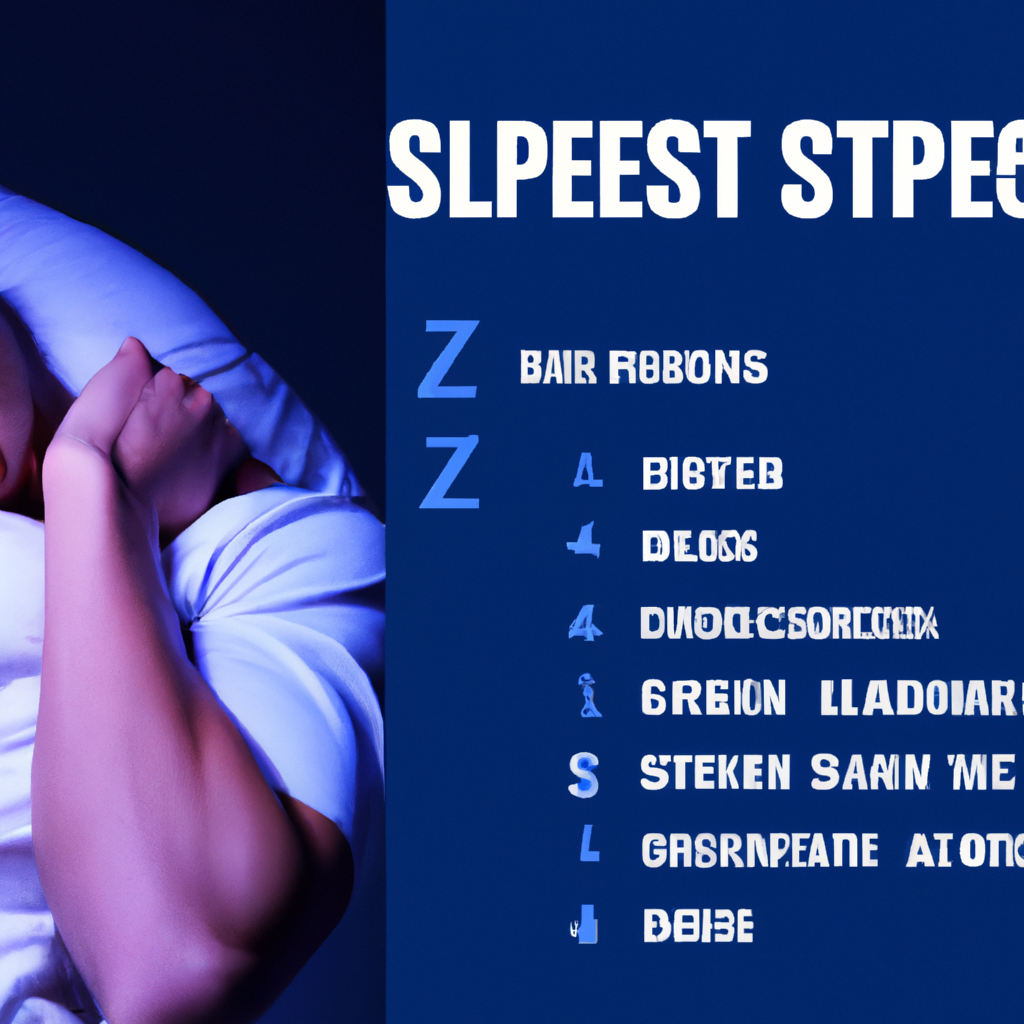Importance of sleep for athletes

**The Importance of Sleep for Athletes: Unlocking Peak Performance**
In the world of athletics, the pursuit of peak performance is relentless. Training regimens are meticulously planned, nutrition is carefully monitored, and recovery protocols are strictly adhered to. However, one critical component often overlooked is sleep. For athletes, sleep is not just a time for rest; it is a vital tool for enhancing performance, recovery, and overall health. This blog post will explore the importance of sleep for athletes, the health benefits it provides, along with nutrition and exercise tips to optimize sleep quality.
### The Science Behind Sleep and Performance
Sleep is a complex physiological process that is essential for various bodily functions, including muscle recovery, cognitive function, and emotional well-being. During sleep, the body undergoes critical processes such as tissue repair, muscle growth, and hormone regulation. For athletes, these processes are fundamental for enhancing performance and preventing injuries.
Research has shown that inadequate sleep can lead to decreased athletic performance, increased risk of injury, and impaired cognitive function. A study published in the *Journal of Sports Sciences* found that athletes who sleep less than seven hours a night experience a decline in their physical performance, reaction times, and overall mental acuity. Thus, prioritizing sleep can not only improve performance but also extend an athlete’s career by reducing the risk of burnout and injury.
### Health Benefits of Sleep for Athletes
1. **Improved Recovery**: Sleep is the time when the body heals itself. Growth hormone, which plays a crucial role in muscle growth and repair, is primarily released during deep sleep. Athletes who focus on getting adequate sleep will find that their recovery times are decreased, allowing them to train harder and more frequently.
2. **Enhanced Cognitive Function**: Sleep is essential for cognitive processes such as memory consolidation and decision-making. In high-stakes situations, the ability to think clearly and make quick decisions can be the difference between victory and defeat. Proper sleep helps athletes maintain their focus and mental sharpness during competitions.
3. **Mood Regulation**: Sleep deprivation can lead to irritability, anxiety, and mood swings, all of which can negatively impact an athlete’s performance. A well-rested athlete is more likely to have a positive outlook and better emotional resilience in the face of challenges.
4. **Increased Energy Levels**: Quality sleep contributes to overall energy levels. Athletes who sleep well are more likely to feel energized and motivated during workouts, leading to more productive training sessions.
### Nutrition Tips for Better Sleep
Nutrition plays a significant role in sleep quality. Here are some tips for athletes to optimize their diet for better sleep:
1. **Incorporate Sleep-Inducing Foods**: Foods rich in tryptophan, such as turkey, nuts, and dairy products, can help promote sleep. Omega-3 fatty acids found in fish can also improve sleep quality.
2. **Limit Caffeine and Stimulants**: While caffeine can boost performance during training, it’s important to limit its intake, especially in the hours leading up to bedtime. Stimulants can disrupt the natural sleep cycle and delay the onset of sleep.
3. **Stay Hydrated**: Dehydration can lead to poor sleep quality. However, try to limit fluid intake close to bedtime to avoid waking up in the middle of the night to use the bathroom.
4. **Establish a Routine**: Eating meals at regular intervals throughout the day can help regulate your body’s internal clock, leading to better sleep patterns. Aim for a balanced diet rich in whole foods, including fruits, vegetables, lean proteins, and whole grains.
### Exercise Advice for Better Sleep
While exercise is crucial for athletic performance, timing and type of exercise can influence sleep:
1. **Timing Matters**: Strenuous workouts close to bedtime can increase adrenaline and make it harder to fall asleep. Aim to complete workouts at least 2-3 hours before bedtime to allow your body to wind down.
2.















Post Comment